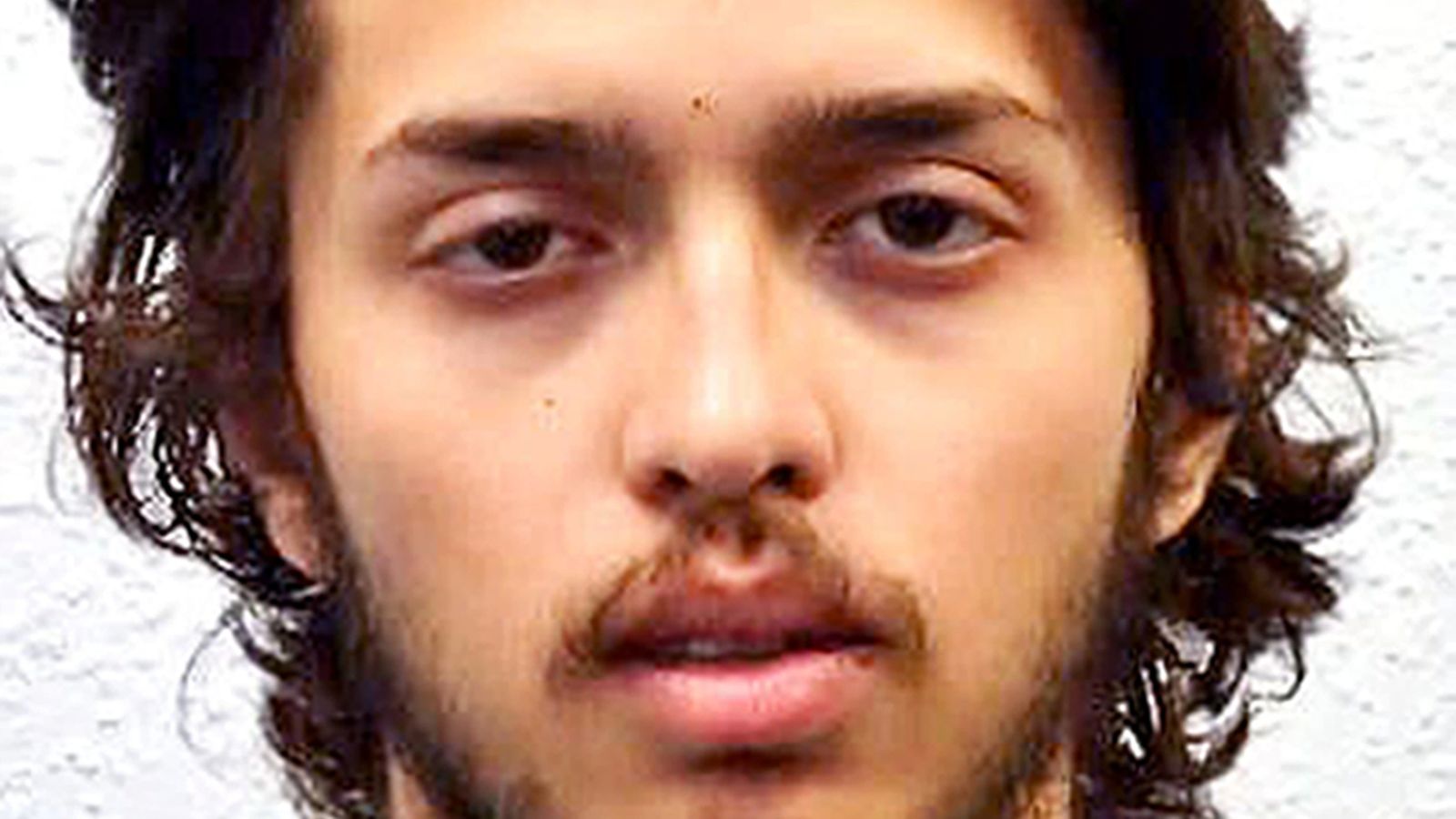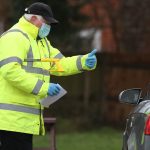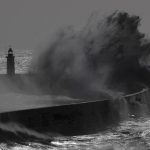A jury has been asked to consider whether the death of a terrorist who was shot dead by police could have been prevented.
Sudesh Amman, 20, was shot dead by undercover surveillance officers after he went on a knife rampage on a busy London shopping street.
The inquest jury at the Royal Courts of Justice was told that the killing was lawful but asked to reach conclusions on whether the probation service or police could have stopped the attack from taking place.
Please use Chrome browser for a more accessible video player
Amman, from Queensbury, North London, had been released from Belmarsh jail 10 days earlier after serving half of a 40-month sentence for obtaining and distributing material for terrorist purposes.
On 2 February last year he grabbed a carving knife from a shop and stabbed two passers-by, one of them seriously, during a rampage along Streatham High Road in South London.
He was shot dead by armed surveillance officers in front of a Boots store, 62 seconds after the attack began, when he turned and ran at the officers.
The jury were asked whether the probation service “missed an opportunity” which may have prevented the attack and the consequent death of Amman, in not deciding to recall him to prison after he bought items that might be used in creating a fake suicide belt.
They were told that Amman could have been recalled if probation officers were satisfied that his behaviour “indicated an increased or unmanageable risk of serious harm to the public” or that there was an imminent risk of further offences being committed.
They were also asked whether the police investigation team ought to have asked to have Amman’s probation hostel room searched following the purchase of four bottles of Iron Bru, a roll of Bacofoil and brown parcel tape – which was used to construct the fake vest.
A last question asked whether Amman should have been stopped and searched by armed police officers on 2 February between him leaving the hostel at 1.22pm and running out of the Low Price Store with a knife at 1.57pm.
The tactical firearms commander who would have been primarily responsible for such a decision was not monitoring the operation over the relevant period because she had not received a message about Amman having left the approved premises, the inquest was told.
They were directed to return a finding of lawful killing of Amman after the coroner, Mr Justice Hilliard, told them he had decided, with no objection from any interested person, that it was the only conclusion they could “safely return”.
Explaining his decision, the coroner added: “Each of the officers who shot Sudesh Amman at every stage honestly believed that it was necessary to use force in defence of himself and others, and the amount of force used at each stage was no more than reasonably necessary in the circumstances.”
The coroner told the jury: “On any view Sudesh Amman was trying to do dreadful things on February 2 2020 and caused injuries to two people who, for obvious reasons, attract all our sympathies.”
But he added: “Sympathies play no part in your deliberations. What is needed is cool, calm, careful and impartial assessment of the evidence in the inquest.”
The jury will have to find where Amman came to his death, when he came to his death and by what means he came to his death.






















